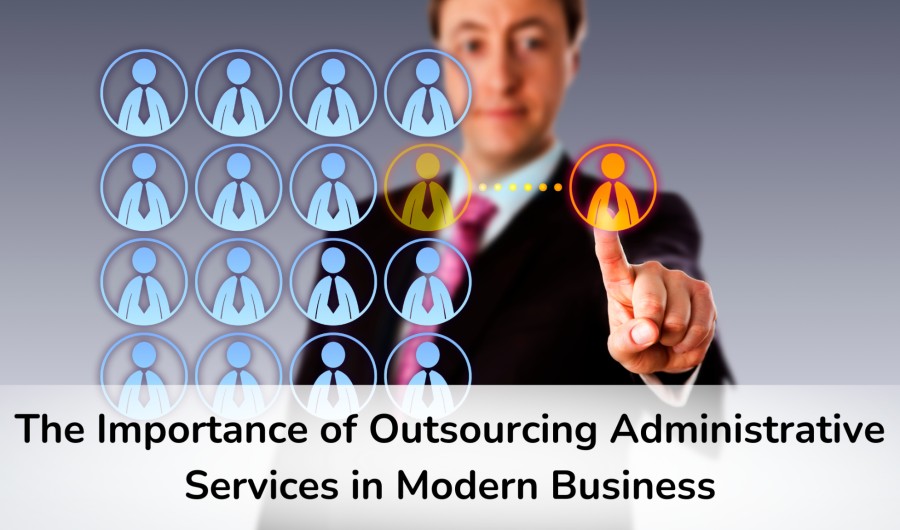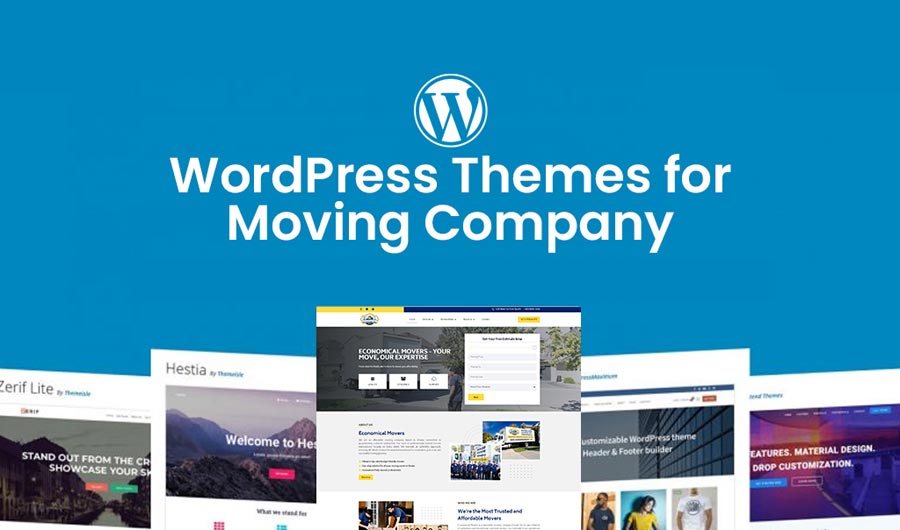
The Importance of Outsourcing Administrative Services in Modern Business
Wondering if your business could benefit from outsourcing administrative services? You’re not alone. Many businesses are racing to explore this approach to boost efficiency and cut costs. We will examine common questions, major benefits, and why outsourcing admin tasks works for modern businesses. Every business owner, from small startups to growing enterprises, must know this approach.
1. Focus on Core Competencies
Outsourcing administrative tasks allows companies to concentrate on their core business functions. By delegating administrative work to experts, businesses can free up resources for key tasks. These tasks drive growth and innovation.
This change helps teams better develop products. They can focus more on creating and improving. It also allows companies to boost customer service. Staff can spend more time on client needs and building relationships.
Focusing on core competencies boosts productivity and efficiency. Employees can focus on tasks that add value to the company. This helps them avoid routine administrative work. By allowing businesses to offload these routine tasks, outsourcing administrative services ensures that administrative functions are handled efficiently while internal teams focus on strategic initiatives.
This approach can boost competitiveness and growth over time. The business will be more agile and responsive to market needs. Outsourcing admin tasks frees up resources and mental space. This can create a culture of innovation in the organization. Employees can then focus on creative solutions to challenges.
2. Cost Savings and Financial Efficiency
Outsourcing administrative services offers significant cost-saving potential for businesses. Delegating tasks to external providers cuts costs for companies. It reduces the overhead of in-house staff. This includes employee benefits, training, and equipment expenses.
The main advantage is changing fixed costs to variable. This makes budgeting more flexible. It allows companies to use resources more efficiently. They can adjust staff according to work and market conditions. For example, they can hire or reduce outsourced services as needed.
Outsourcing allows small and medium-sized enterprises (SMEs) to hire skilled workers at a lower cost than full-timers. This is crucial for SMEs that cannot afford a full administrative team.
By using outsourcing providers’ expertise, these businesses can compete better with larger organizations. And they can do it without having the same high costs. This will improve their financial efficiency and market competitiveness.
| Aspect | Without Outsourcing | With Outsourcing |
| Cost | High fixed costs | Lower, flexible costs |
| Focus | Divided between core and admin tasks | Concentrated on core competencies |
| Expertise | Limited to in-house knowledge | Access to specialized skills |
| Scalability | Slower, requires hiring | Rapid, on-demand scaling |
| Technology | May lag behind | Access to the latest tools |
| Availability | Limited to business hours | Potential for 24/7 support |
| Risk | Concentrated internally | Shared with the service provider |
3. Access to Specialized Expertise
Administrative service providers have specialized knowledge in areas that are often hard. With outsourcing, companies can gain access to the latest industry best practices. These are cutting-edge technologies and tools adopted by such service providers. They invest heavily in training their staff. They also keep current with industry trends, regulations, and tech advances.
Companies can tap into a pool of experienced talent that is essential for complex administrative tasks. It also helps them stay updated on regulations and compliance through outsourcing.
This eases the burden on businesses to constantly update their practices. Service providers monitor regulations and update procedures. This is especially true for their specific fields. Access to expert knowledge boosts administrative quality. It also significantly lowers the risk of errors or compliance issues in activities like payroll and tax compliance.
4. Scalability and Flexibility
Scalability is vital in today’s business world. Outsourcing admin tasks provides unmatched flexibility for growth. Companies need to adapt to daily market changes to stay ahead. Outsourcing lets companies adjust to changing workloads. They avoid the slow hiring and the risk of layoffs during slow seasons. This is a common issue in businesses with seasonal admin work.
For example, a retail business might need more customer service during holidays than at other times. Outsourcing allows businesses to enter new markets without heavy initial investments. Companies can quickly and easily tap into the local knowledge and resources of outsourced providers.
Outsourcing provides flexibility, reducing the need to hire and train new staff for temporary needs. It also lets companies access skilled pros without long-term commitments or full-time costs.
5. Improved Efficiency and Productivity
Administrative service providers utilize advanced technologies and streamlined processes that significantly improve efficiency. These providers invest in state-of-the-art software and systems that may be too costly for individual businesses to implement. Outsourcing allows businesses to benefit from faster turnaround times on administrative tasks.
Specialized providers often have established workflows and automation tools that process tasks more quickly than in-house teams. This speed is crucial in areas like customer service, where prompt responses significantly impact customer satisfaction. Outsourcing can also lead to reduced errors and improved accuracy.
Service providers typically have robust quality control processes and use specialized software to minimize mistakes. For example, in data entry tasks, providers often employ double-entry systems and automated validation checks to ensure high accuracy.
Standardized processes and best practices ensure consistency in a business’s administration. This approach frees staff to focus on revenue and core functions, boosting overall productivity.
6. Risk Mitigation and Compliance
Outsourcing admin services helps businesses lower risks from compliance and data security. Professional providers often have strong systems to meet regulations and standards. They track changing laws and rules across regions, crucial for firms in various industries with complex regulations. By using outsourcing providers, companies reduce non-compliance risks and penalties.
Another critical area where huge benefits are gained from outsourcing is data security. Reputable service providers use strong security to protect sensitive data. Their measures often exceed what many businesses can achieve in-house.
Security measures include encryption, secure data centers, audits, and personnel training. Additionally, many providers offer continuity and recovery services to protect vital functions. These services protect critical business functions.

Conclusion
Outsourcing admin services is more than cost-cutting. It’s a strategy to streamline your operations. It frees up resources and provides access to specialized skills. It also boosts efficiency by focusing on the organization’s core business goals.
While there are challenges to consider, the possible benefits to be derived are great. As you consider your options, know that the right outsourcing partner can greatly affect your business’s performance and adaptability.
Frequently Asked Questions
How can I ensure smooth communication with an outsourced team?
Have regular check-ins. Use collaborative tools for project management. Also, consider having a dedicated point of contact. Clear communication channels and expectations are key to successful outsourcing relationships.
What administrative tasks are typically best suited for outsourcing?
Many companies outsource tasks. These include data entry, customer service, bookkeeping, IT support, and HR. Consider outsourcing repetitive, time-consuming tasks that don’t require deep company-specific knowledge.
How long does it typically take to see benefits from outsourcing administrative services?
Some benefits, like cost savings, may be immediate. But, full efficiency gains usually take 3-6 months. This allows time for the outsourced team to learn your processes and for your staff to adjust.






